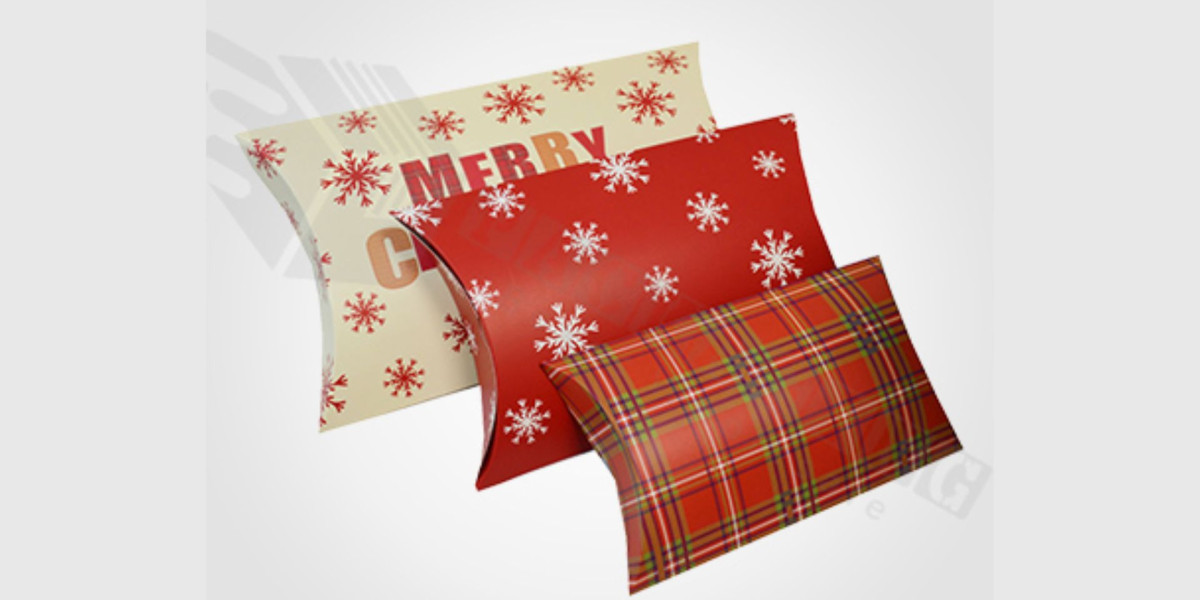A baby carrier can be a lifesaver—freeing up your hands while keeping your little one close. But is it always the best choice? Not necessarily.
While nearly 90% of parents say babywearing makes life easier, there are downsides that often go unmentioned. Improper positioning can lead to hip dysplasia. Extended use may strain your back and shoulders. And let’s not forget—some carriers are simply uncomfortable for both parent and baby.
Before you invest in one, it’s crucial to understand the drawbacks. In this article, we’ll break down the key disadvantages of baby carriers, helping you make an informed decision. Because what works for one parent might not work for another.
Potential for Hip Dysplasia
One of the biggest concerns with baby carriers is the risk of hip dysplasia. The International Hip Dysplasia Institute warns that improper positioning can lead to hip joint problems, especially in newborns and young infants. When a baby’s legs dangle straight down instead of being in a healthy “M” position, it puts excessive pressure on the hip joints. This can contribute to developmental dysplasia of the hip (DDH), a condition where the hip joint doesn’t form properly. Parents should choose ergonomic carriers that support the baby’s thighs and promote a natural squat position to minimize this risk.
Back and Shoulder Strain for Parents
Carrying a baby for extended periods can lead to significant strain on the back, shoulders, and neck. Even the best child carrier Reddit users recommend can cause discomfort if not worn properly. The weight of the baby, combined with an ill-fitting carrier, can lead to muscle fatigue and poor posture. This is particularly problematic for parents who suffer from back pain or have a history of spinal issues. Ensuring that the carrier distributes weight evenly and adjusting the straps correctly can help, but prolonged use may still lead to discomfort.
Overheating and Discomfort
Baby carriers can cause both the baby and the parent to overheat, especially in warm climates or during summer months. The close physical contact, combined with thick fabric, can trap heat and lead to excessive sweating. Some babies may become fussy or irritated due to the discomfort. While breathable fabrics can help, there’s still a risk of overheating, particularly for newborns who cannot regulate their body temperature effectively. Parents should monitor their baby’s temperature and dress them in lightweight clothing when using a carrier.
Limited Use as Baby Grows
Most baby carriers have a weight limit, meaning they become impractical as your child gets bigger. While some models are designed to carry toddlers, they may become less comfortable for both the parent and the child. As babies gain weight, carrying them for long periods becomes more challenging. Some parents switch to strollers or other alternatives once their baby reaches a certain size, making the carrier a short-term solution rather than a long-term investment.
Difficulty in Putting On and Taking Off
Many new parents struggle with learning how to properly wear a baby carrier. Some models require complex wrapping techniques or multiple adjustments to ensure a secure and comfortable fit. Unlike a stroller or a car seat, which are relatively straightforward, baby carriers often come with a learning curve. If the carrier is not worn correctly, it can lead to safety concerns, discomfort, and inefficient weight distribution. Practicing with the carrier at home before venturing out can help, but some parents still find it too cumbersome for daily use.
Risk of Falls and Accidents
A poorly secured baby carrier can pose a safety risk. If not fastened properly, the baby could slip or fall out, leading to potential injuries. Even when secured, an overly loose or tight fit can compromise safety. Parents should always follow the manufacturer’s instructions carefully and regularly check for wear and tear on straps, buckles, and fabric. Additionally, using a carrier while engaging in activities like cooking or exercising can increase the risk of accidents, as the baby’s movements can throw off a parent’s balance.
Restriction of Baby’s Movement
While being carried close to a parent provides comfort, prolonged babywearing can restrict a baby’s ability to move and explore. Babies need time on the floor for tummy time and crawling to develop their motor skills properly. If a baby spends too much time in a carrier, it may limit opportunities for independent movement and muscle development. Parents should balance babywearing with plenty of floor time to encourage physical growth and coordination.
Expense Compared to Other Options
High-quality baby carriers can be expensive, often costing as much as a stroller. While many parents find them worth the investment, others may prefer to allocate their budget to more versatile baby gear. Some affordable options exist, but they may lack proper ergonomic support or durability. For parents looking for alternatives, a sturdy stroller or wrap-style carrier may be a better investment depending on their lifestyle and needs.
Baby May Resist Being Worn
Not all babies enjoy being in a carrier. Some infants may become fussy, uncomfortable, or resistant to being carried for long periods. Factors such as personality, temperature, and overall comfort can influence whether a baby enjoys being worn. Parents may need to try multiple carriers or adjust carrying positions to find what works best. However, if a baby continues to resist, a baby carrier may not be the most practical option for transportation and soothing.
Not Always Practical for Every Situation
While baby carriers are great for certain situations, they aren’t always the most convenient option. For instance, in hot weather, at crowded events, or during extended outings, a stroller might be more practical. Additionally, parents who need to carry a diaper bag, groceries, or other items may find it difficult to juggle everything while wearing a baby. Assessing daily activities and lifestyle needs can help determine whether a baby carrier is the best choice.
Conclusion
Baby carriers offer undeniable benefits, from hands-free convenience to close bonding with a baby. However, they also come with disadvantages that parents must consider. From potential hip dysplasia and back strain to overheating and limited use as a baby grows, there are many factors to weigh before making a decision. While some parents swear by their baby carriers, others find them impractical. Whether you opt for a carrier or choose alternatives like a stroller, the key is finding what works best for you and your baby. After all, every family’s needs are different. If you’re considering popular options like the baby Tulla, researching and testing different carriers can help ensure you make the right choice for your comfort and your child’s well-being.









